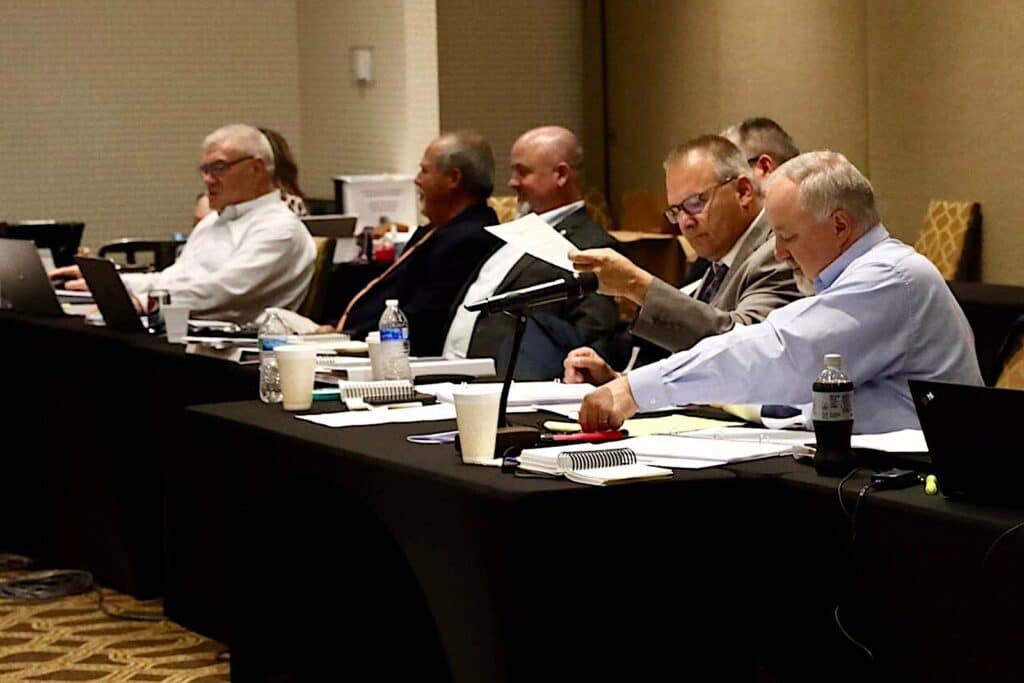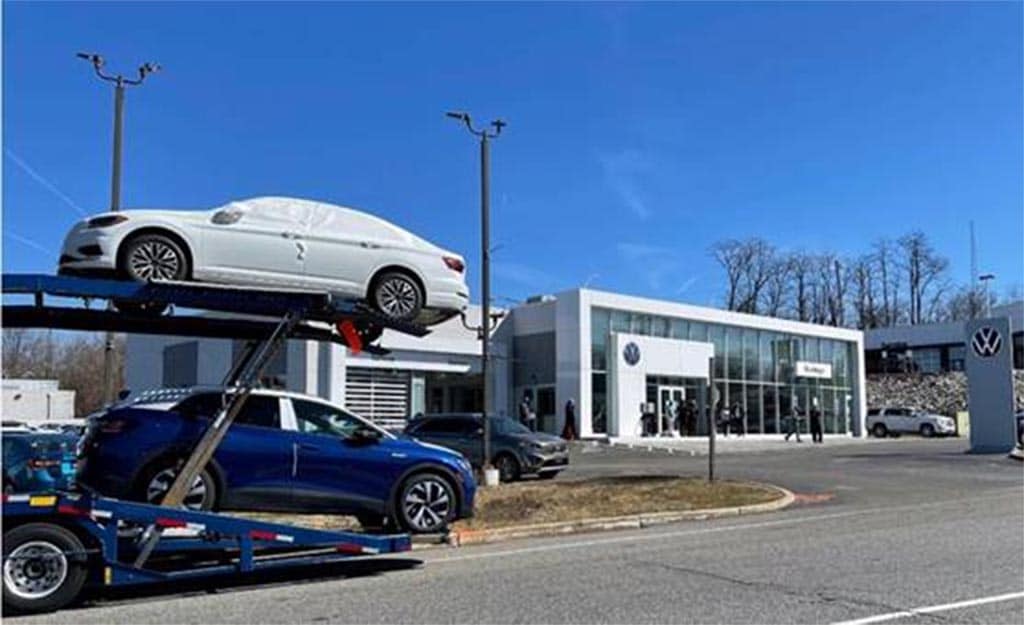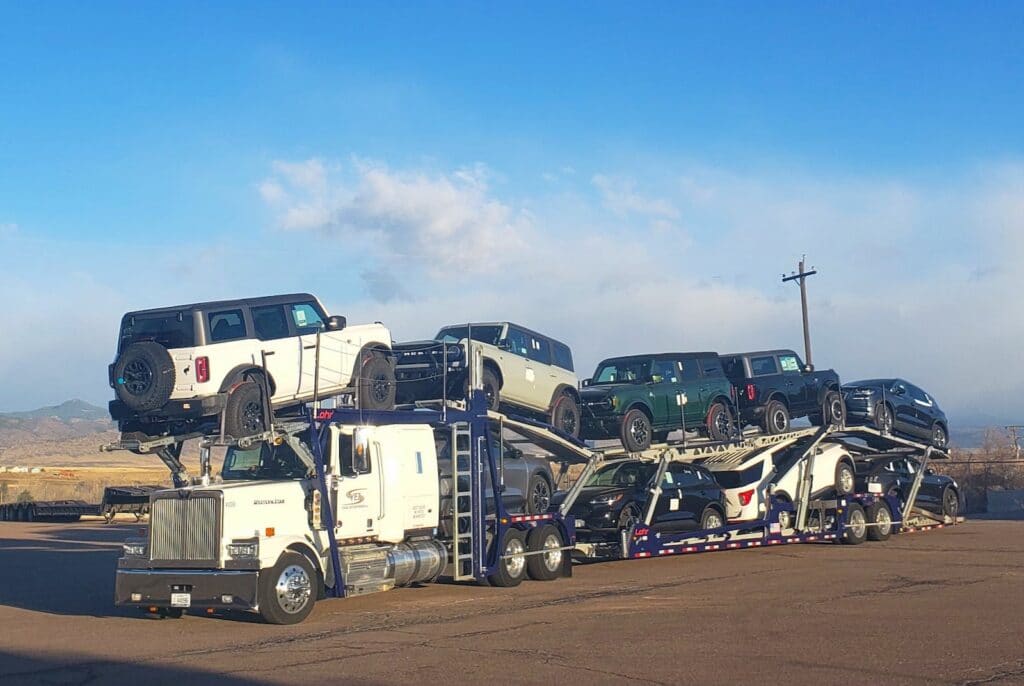As if the auto industry doesn’t have enough problem supplying dealers right now, the next blow to auto companies — and dealers — could come if a new tentative contract negotiated by the Teamsters union on behalf of carhaulers gets a thumbs down.

Representatives of 3,000 unionized drivers who move cars from factories and ports to auto dealers and ultimately their customers meet this week to review the contract offer made by their employers to the International Brotherhood of Teamsters.
Terms of the tentative contract negotiated in late May have not been released. But any labor trouble in carhaul industry could threaten carmakers and dealers have struggled to rebuild inventories on dealer lots but they may have eroded by breaks in the supply chain.
Contract language
If ratified, the three-year agreement reportedly provides wage increases, maintains health and welfare benefits, plus offers additional paid time off and work rule improvements.
“This agreement addresses our members’ top priorities. We will release more information once the local union leaders have the opportunity to review it,” said Avral Thompson, Teamsters Carhaul Division Director and TNATINC Co-Chair.
“I want to thank the negotiating committee for their hard work and dedication throughout the bargaining process. We are proud of what we have accomplished. This agreement will improve wages and benefits and will serve as a national model to organize hundreds of new carhaulers nationwide,” Thompson said.

The schedule for ratification or rejection of the tentative contract will be set during the meeting this week.
More pressure on supply chain
The current National Master Automobile Transporters Agreement expired May 31, but it was extended until members vote on the tentative agreement. Increases applied to wages, rates, etc. will be retroactive to June 1, 2022.
Teamster activists have complained for years carhaul companies owned by the same organization have moved jobs from unionized to non-union subsidiaries. Halting the practice has been one of the top demands of active drivers. Meanwhile, experienced drivers who handle loads of vehicles and cargo worth tens or even hundreds of thousands of dollars are in increasingly short supply.

The cost of transportation is going up as the price of gasoline continues to increase. Jim Farley, Ford Motor Co. CEO, said recently rising cost of freight is one of the factors driving up the company’s operating and other executives repeated Farley’s comments.
Meanwhile, carmakers also watching another set of labor negotiations with an impact on the supply chain.
Port operators along the West Coast from San Diego to Seattle are negotiating a new agreement with the International Longshore and Warehouse Union. The current agreement expires July 1, and the ILWU has traditionally maintained a “no-contract, no-work” stance that would immediately shut down incoming freight traffic on the West Coast.
The Port of Los Angeles alone is the single busiest port in the U.S. handling roughly 40% of the freight traffic from Asia. While many of the lighter and smaller parts carmakers use in vehicles come to the U.S. via air freight, Asian automakers depend on sea-going shipping for key components such as engines and transmissions made in Asia.
"auto" - Google News
June 15, 2022 at 08:57PM
https://ift.tt/Fmq3tlj
Teamsters Set to Review Tentative Labor Deal Critical to Auto Industry - The Detroit Bureau
"auto" - Google News
https://ift.tt/5TtMKuv
https://ift.tt/KaJkY4z
Bagikan Berita Ini














0 Response to "Teamsters Set to Review Tentative Labor Deal Critical to Auto Industry - The Detroit Bureau"
Post a Comment